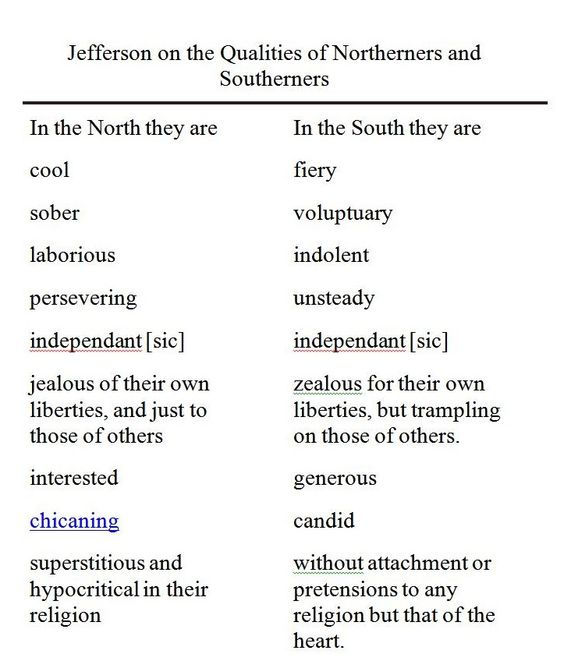Looking out at slate grey skies here for the second straight day, but this morning with the addition of a cool, steady light rain. The view out the Solarium windows no longer includes the russet and gold hills to the north, which now are shrouded in mist and fog.

This morning I find my self pondering whether this difference in climate explains the differences I observe between our new neighbors and my friends and family with whom I've spent most of my adult life in the south. It's always perilous to generalize, and I will be the first to admit the limits of taking a sampling from a sylvan town full of solid, well-educated people with streets straight out of a Norman Rockwell painting, and comparing them with neighbors who, if they were lucky, spent their lives working at the paper mill, and if not so lucky in the woods or on the water fishing for their supper. Two different worlds.
What strikes me about our new neighbors is that they are all so, well, "nice." We received a handwritten card from the president of the neighborhood association welcoming two renters from the north Florida woods into their community. Our only interaction with the HOA President in Dune Allen was when he turned us in to code enforcement over our carport, then lied about it.
In the evenings the sidewalks are populated with folks walking their dogs. They (not the dogs) look you in the eye and say "hello" or "good evening." We say "hey," which I guess is a giveaway that we're not from these parts. They stop in the yard while playing with their kids to give you advice on where to park to avoid the late night parking ticket Nazis. They promise to have you over for a drink once this pandemic is over, and seem to mean it.
What makes these people so different from Americans a thousand miles to the south? This has been an object of conjecture as long as there's been a United States; longer, actually. In Albion's Seed, David Hackett Fischer spent nearly a thousand pages arguing, repetitively in my view, that the differences in our cultures found their origins in the parts of England from which the first settlers arrived. The grey, stoic vibe of Massachusetts came from East Anglia, home to most of the Puritans. The violent, libertarian melee of the Appalachian south came from Yorkshire and the northern hills from which the ancestors of folks like Andrew Jackson made their way. Fischer doesn't say much about this part of New York, so his analysis doesn't much help with this morning's musings.
Maybe it really is the weather. Others have had the same thought, that being trapped in the cold and forced to work and think to survive in a harsh climate creates a different sort of society than a land where the locals are in a constant losing battle to try to keep things from growing, rather than the other way around. Think Max Weber.
Thomas Jefferson had the most interesting take on all this.

My recollection is that he was trying to assist a French author in writing about the disparate cultures of the United States, and came up with a continuum of attributes that grew more sharply different the further one went from the middle latitudes. TJ thought that Pennsylvanians were the most even keel, which just goes to show he'd never been to a Penn State or Philadelphia Eagles football game.
Ever the Aristotlean, trying to classify everything, Jefferson came up with an interesting list of contrasting attributes that could be used to define what it means to be "Southern" versus "Northern."

A lot of these ring true, except perhaps the last couple. I'm not sure I could define "chicaning" if held to the task, but it sounds like something one would find at a used car lot. I don't see much of that here. I also think the religious observation is precisely backwards, but maybe this developed over the centuries that separate us from Jefferson. Superstition and hypocrisy seem the two defining attributes of the evangelical Christianity that grips the south these days. The Second Great Awakening, and the fundamentalist reaction to Darwinism, came after Jefferson's analysis.
The thing that strikes me in my non-empirical, anecdotal approach is that these folks are so even-keeled compared to the world from which we came. It's hard to picture a flash of temper in any of them, or of the sort of bravado that leads to a stupid and futile gesture (think Pickett's Charge). We Southerners are interesting if nothing else, but maybe we just can't help ourselves.
I once beat up a light fixture because I couldn't find the power switch and wanted to go to sleep. The shower of sparks and blue arcing were a sight to see. My Mississippi ancestors would've found the whole episode amusing, and maybe felt a little empathy; I doubt the dour burghers who created this society, wonderful as it might be, would've seen the entertainment value.
Where would I rather be? So far I'm finding this place to my liking, which may be a reflection of being in late middle age and not my fiery 20s. This is day nine. We'll see how it feels in a month.
Meanwhile, the cool, steady, insipid rain just keeps coming.

Comments